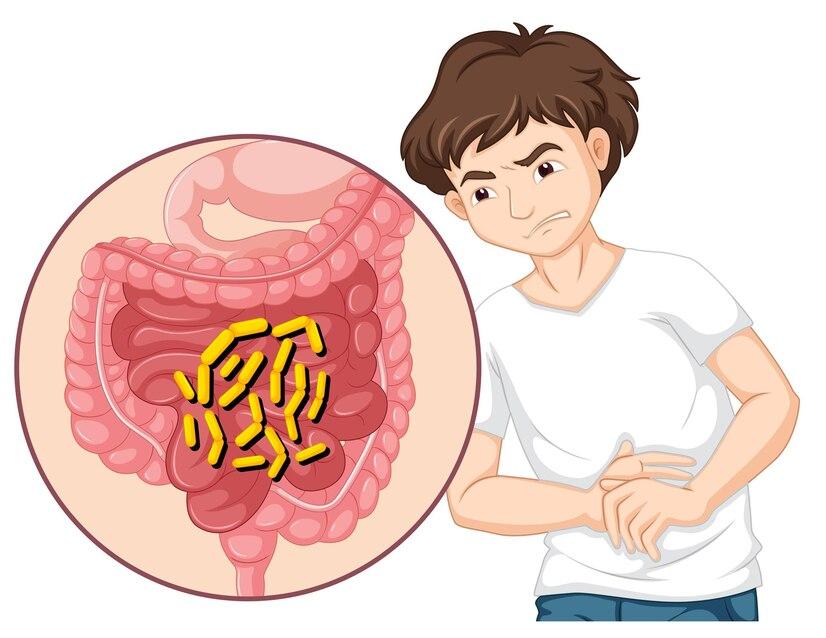How to use Fenbendazole?

Fenbendazole Tablet is a well-known broad-spectrum antiparasitic medication primarily used to treat intestinal worm infections in animals such as dogs, cats, horses, and livestock. It belongs to the benzimidazole class of anthelmintics and works by disrupting the energy metabolism of parasites, leading to their death. While it’s commonly used in veterinary medicine, researchers have also explored its potential effects in humans for certain parasitic infections and experimental cancer studies. Understanding how to use Fenbendazole properly is crucial for ensuring safety, efficacy, and the complete elimination of parasitic infestations.
1. Understanding Fenbendazole’s Purpose
Fenbendazole is highly effective against a wide range of gastrointestinal parasites, including roundworms, hookworms, whipworms, and certain tapeworms. It also targets lungworms and Giardia in some cases. By inhibiting the parasites’ ability to absorb nutrients, Fenbendazole gradually starves and eliminates them from the body.
2. Dosage and Administration
The dosage of Fenbendazole varies depending on the species, weight, and type of infection. It is available in several forms, including tablets, suspensions, granules, and pastes.For Dogs:
The typical dose is 50 mg per kg of body weight, administered once daily for 3 consecutive days. In cases of Giardia infections, treatment may extend to 5 days.
For Cats:
A similar dosage of 50 mg/kg daily for 3 days is recommended. Always consult a veterinarian for exact dosing as cats may have different tolerance levels.
For Horses:
The usual dose is 5 mg per kg of body weight, administered orally as a paste or granule once daily for a single treatment.
For Cattle and Sheep:
The dose usually ranges between 5 to 10 mg per kg of body weight, given once daily. It can be mixed with feed or administered as a drench.
For Humans:
While not officially approved for human use in many countries, research studies and anecdotal reports suggest a dosage of 222 mg to 444 mg per day, taken for 3 days with a 4-day break, following a “3-day-on, 4-day-off” cycle. It is crucial to seek professional medical advice before attempting human use.
3. How to Administer Fenbendazole
Fenbendazole can be administered orally with food to enhance absorption. Mixing it with a small amount of a fatty meal, such as cheese or yogurt, may improve bioavailability. When given as granules or powder, ensure the full dose is consumed by mixing it evenly into the animal’s meal. Consistent dosing for the prescribed duration is essential to ensure all life stages of the parasites are eliminated.
4. Duration of Treatment
The treatment duration typically lasts 3 consecutive days for most common intestinal parasites. However, in cases of severe infestations or protozoal infections like Giardia, treatment may continue for up to 5 days or longer, based on veterinary or medical advice. Regular follow-up and fecal examinations are recommended to confirm that the infection has cleared. Buy Fenbendazole Canada Online at top pharmacy Medzsupplier.
5. Precautions and Safety Measures
Although Fenbendazole is considered very safe and well-tolerated, there are a few precautions to keep in mind:
Always determine accurate body weight before dosing to prevent under- or overdosing.
Pregnant animals should be treated only under veterinary supervision.
Avoid combining Fenbendazole with other strong anthelmintics unless advised by a professional.
Monitor for mild side effects such as vomiting, diarrhea, or lethargy; these usually resolve without intervention.
Store the medication in a cool, dry place, away from direct sunlight and moisture.
6. Combining Fenbendazole with Other Treatments
In certain cases, veterinarians may recommend combining Fenbendazole with other antiparasitic drugs like Praziquantel or Pyrantel pamoate for enhanced effectiveness against mixed infections. Additionally, in humans undergoing research-based treatment protocols, Fenbendazole has sometimes been paired with supplements such as vitamin E, curcumin, and CBD oil, though such use remains experimental and should only be done under medical guidance.
7. Post-Treatment Care and Prevention
After completing a Fenbendazole course, maintaining good hygiene and preventive measures is essential. Regular deworming schedules—every 3 to 6 months for pets—help prevent reinfection. Cleaning living spaces, properly disposing of feces, and maintaining clean food and water supplies are key preventive steps.

- Art
- Causes
- Crafts
- Dance
- Drinks
- Film
- Fitness
- Food
- Jeux
- Gardening
- Health
- Domicile
- Literature
- Music
- Networking
- Autre
- Party
- Religion
- Shopping
- Sports
- Theater
- Wellness




